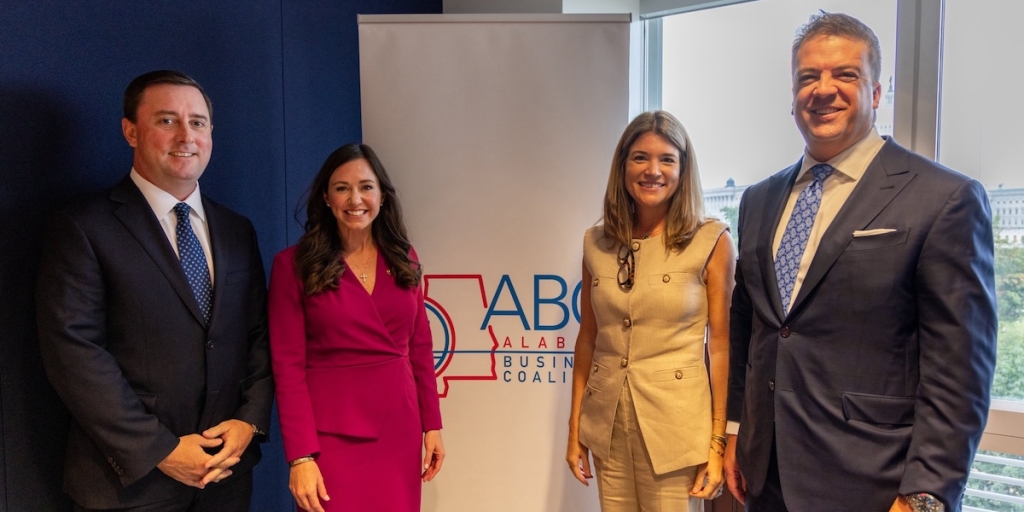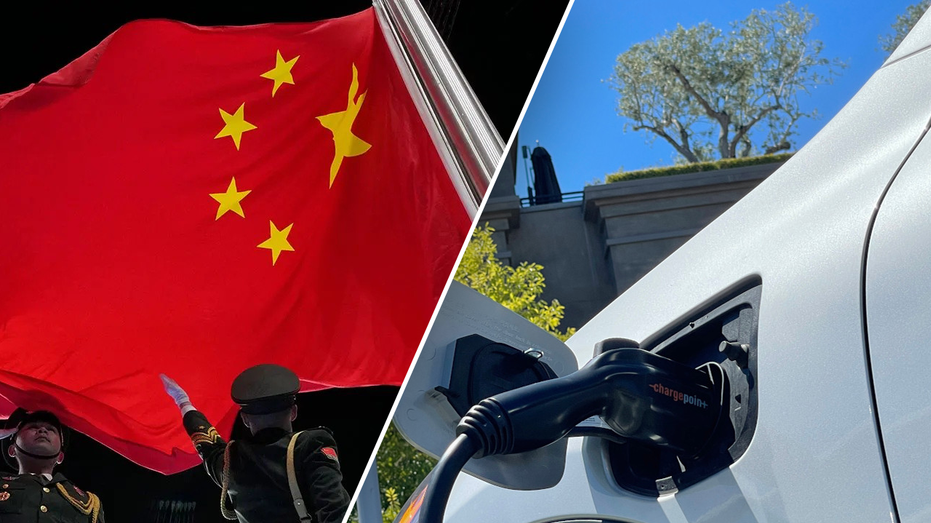
WASHINGTON, D.C. — Alabama Senator Jeff Sessions (R-AL) is slamming one of the nation’s most successful companies for laying off massive numbers of American workers while it advocates for expanding a controversial foreign worker visa program.
Software giant Microsoft announced 7,800 layoffs on Monday adding to the total of 18,000 that have been announced so far this year. Counting the new reductions, the company has reduced its labor force by about 20 percent over the past few years.
Microsoft has claimed that there is a shortage of American workers to justify its increasing use of H-1B foreign workers. The H-1B is a visa in the United States under the Immigration and Nationality Act that allows employers to temporarily employ foreign workers in specialty occupations.
Sen. Sessions, who recently announced a Congressional investigation of companies replacing Americans with foreign workers, did not hesitate to call out Bill Gates’ company for what he believes to be an apparent contradiction.
“As Microsoft’s layoffs show, there is a surplus—not a shortage—of skilled, talented, and qualified Americans seeking STEM employment. Each year, universities graduate twice as many students with STEM degrees as find STEM jobs,” he wrote in a press release on Thursday.
Sessions pointed to a number of national statistics to show why Microsoft’s decision is alarming given the number of qualified STEM (Science, Technology, Engineering, and Math) workers here in America. “According to the Census Bureau, more than 11 million Americans with STEM degrees are not employed in STEM jobs—or 3 in 4 STEM degree holders. Among recent graduates, about 35 percent of science students, 55 percent of technology students, 20 percent of engineering students, and 30 percent of math students are now working in jobs that don’t require any four-year college degree—let alone their area of specialty.”
Microsoft has repeatedly lobbied Congress over the past decade emphasizing the need for more American STEM workers because it did not believe there were enough. Gates testified that “our higher education system doesn’t produce enough top scientists and engineers to meet the needs of the U.S. economy,” and that because of the “shortage” companies should be allowed to hire an “infinite” number of H-1B workers.
Pure number of laborers in the U.S., Sessions argues, is not the true motive, but rather the wages those workers make. Professor Ron Hira of the Rochester Institute of Technology testified, “the H-1B visa has become a highly lucrative business model of bringing in cheaper H-1B workers to substitute for Americans… Most of the H-1B program is now being used to import cheaper foreign guestworkers, replacing American workers, and undercutting their wages.”
“There is no shortage of talented Americans,” Sessions concluded, “Only a shortage of politicians willing to stand up to special interests demanding low-wage guest workers to hire in their place.”












